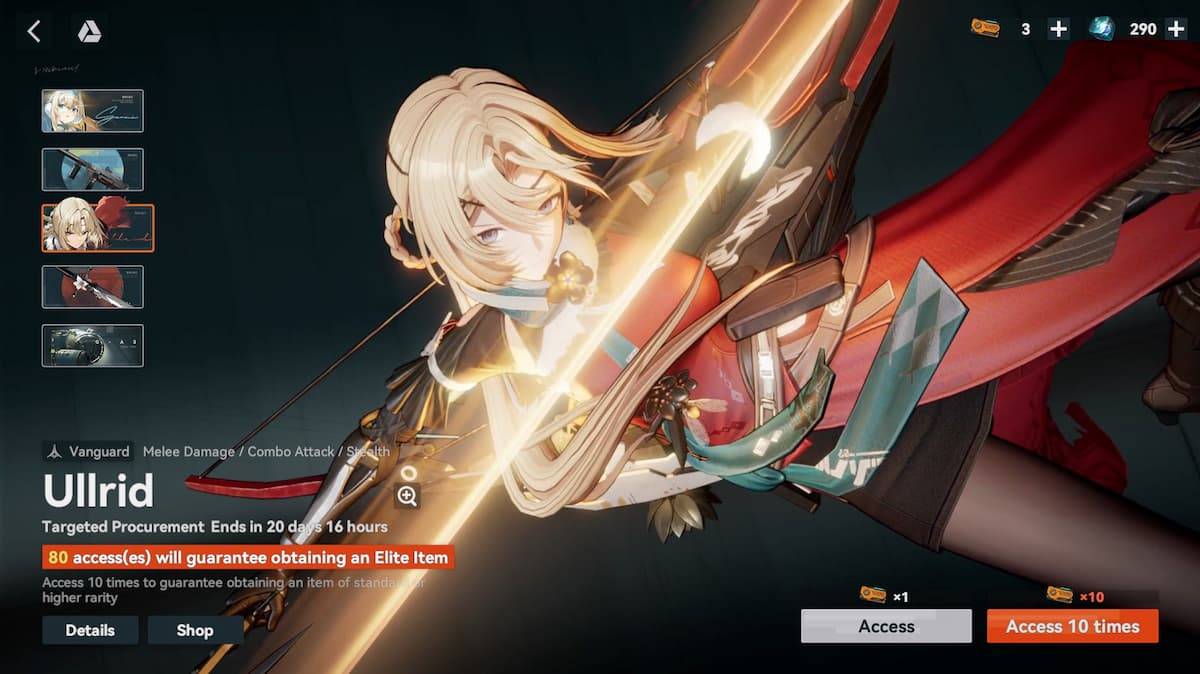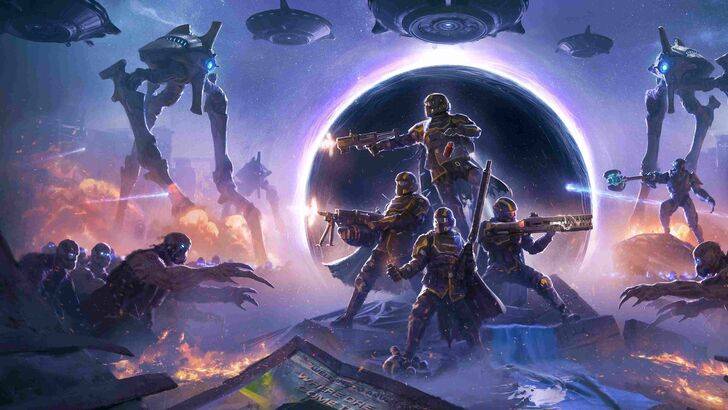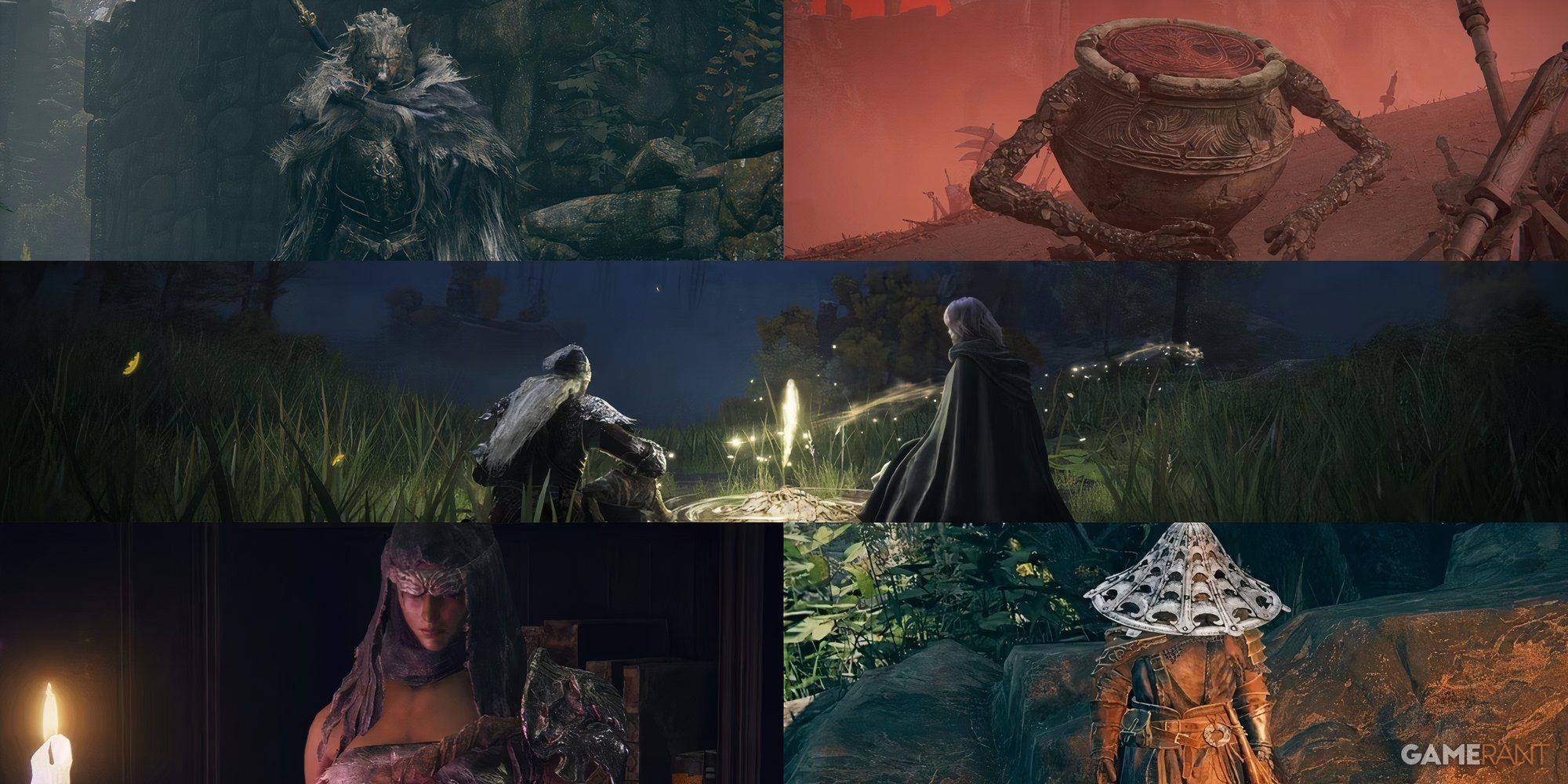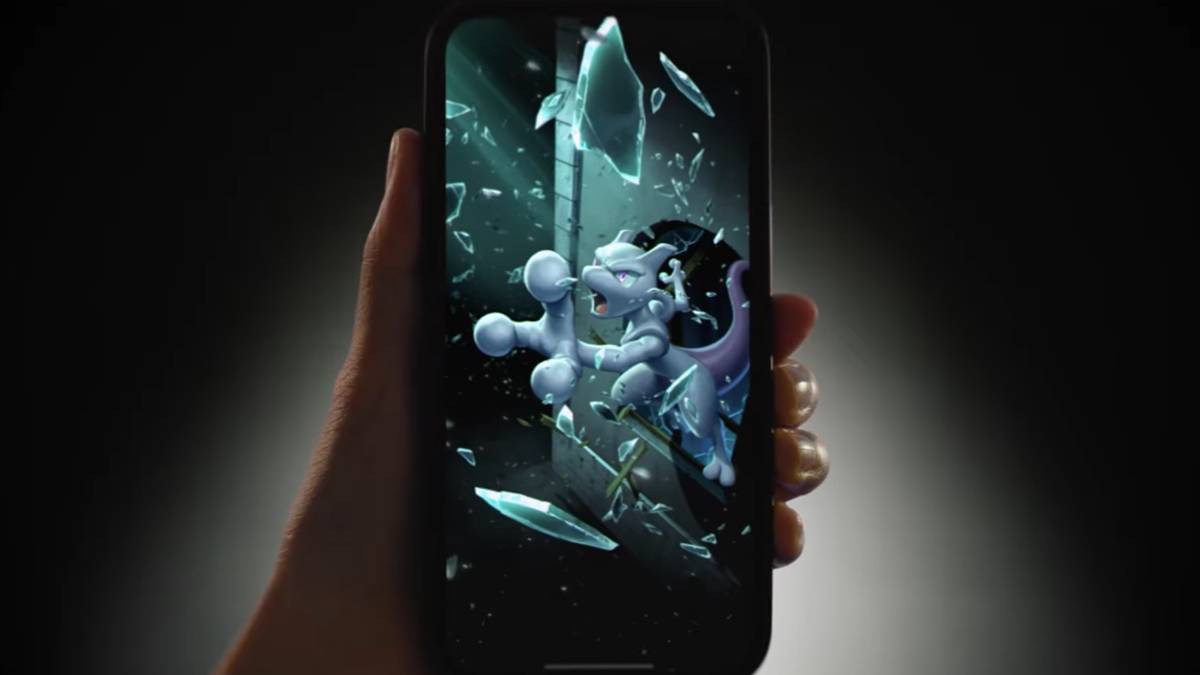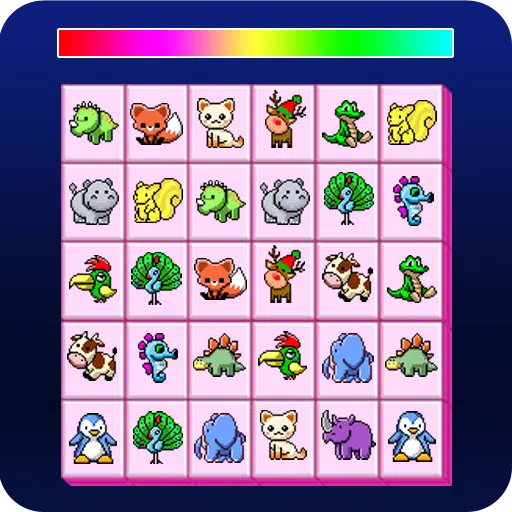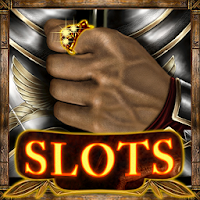Civ 7: Redefining Leadership in Gaming
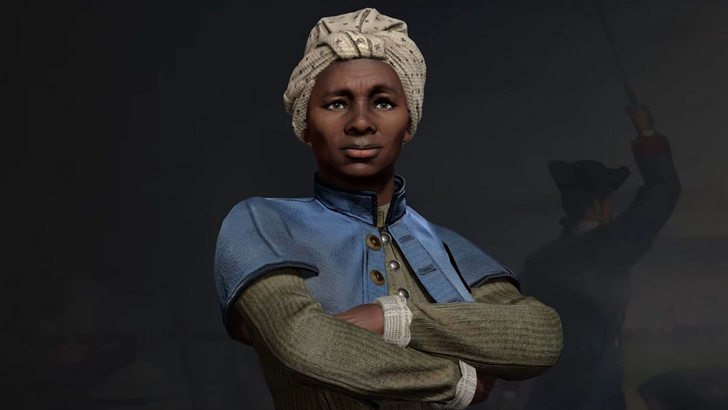
Civilization's leaders are as iconic as the civilizations they represent, but the way Firaxis selects and portrays these figures has evolved significantly over time. Let's delve into how Civilization VII redefines leadership and what changes have shaped this evolution.
← Return to Sid Meier's Civilization VII main article
Civ VII Redefines What it Means to Be a Leader
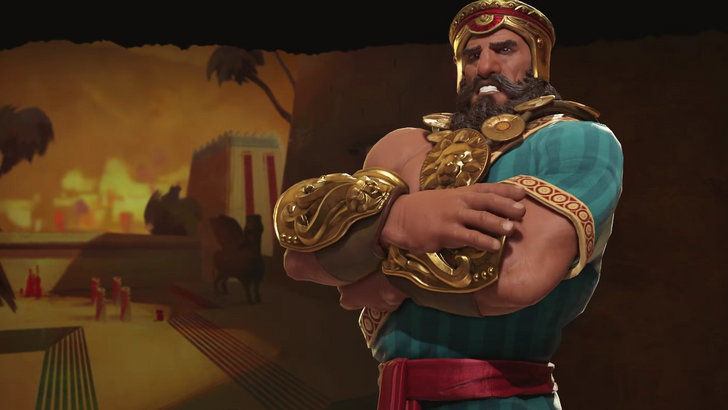
Leaders have been integral to the Civilization series since its inception, forming the backbone of each civilization's identity. These figures are not just historical characters but crucial elements that drive gameplay and narrative. Over the years, the representation and selection of leaders have transformed, reflecting broader historical and cultural narratives. Each new game in the series has pushed the boundaries of what it means to lead, introducing new mechanics and character interpretations.
Join me as we explore the evolution of Civilization's leadership roster and how Civilization VII brings a fresh perspective to this core element of the game.
Old Civ Was a Superpowers Club Only
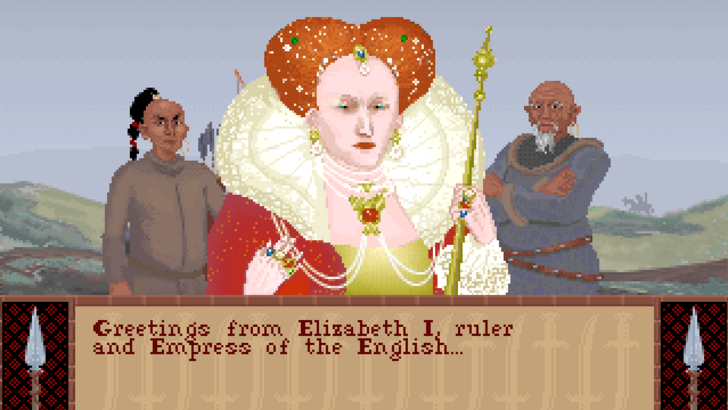
Starting with the original Sid Meier's Civilization, the game's leader selection was straightforward, focusing on major global powers and well-known historical figures. With a roster of 15 civilizations, the game featured nations like America, Rome, and China, led by figures such as Abraham Lincoln, Julius Caesar, and Mao Zedong. The choice of leaders was primarily based on their historical significance and recognition, resulting in a roster that was predictable yet iconic. Elizabeth I was the only female leader in this lineup, highlighting the limited diversity of the time.

Civs 2 Through 5 Increase Diversity and Creativity in Increments
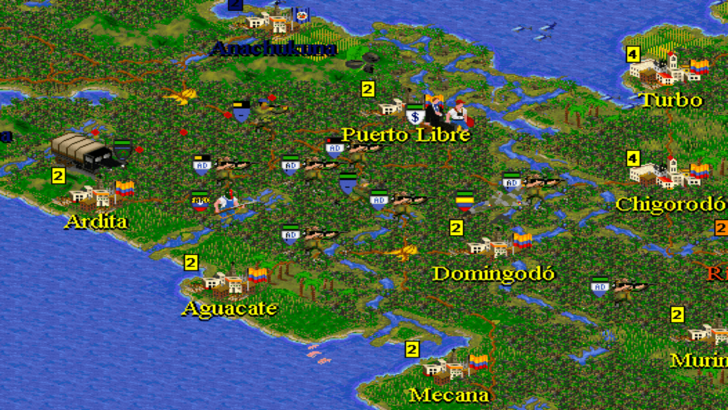
Civilization II marked the beginning of a more inclusive approach, expanding the roster to include lesser-known civilizations and introducing a dedicated female leader option for each civilization. This allowed for a broader interpretation of leadership, featuring figures like Sacagawea and Amaterasu, who were not traditional heads of state but pivotal to their cultures.
Civilization III continued this trend by integrating more female leaders into the main roster, with figures like Joan of Arc and Catherine the Great taking prominent roles. By the time Civilization IV and V were released, the definition of leadership had expanded to include revolutionaries, generals, and reformists, showcasing a more diverse range of historical figures.
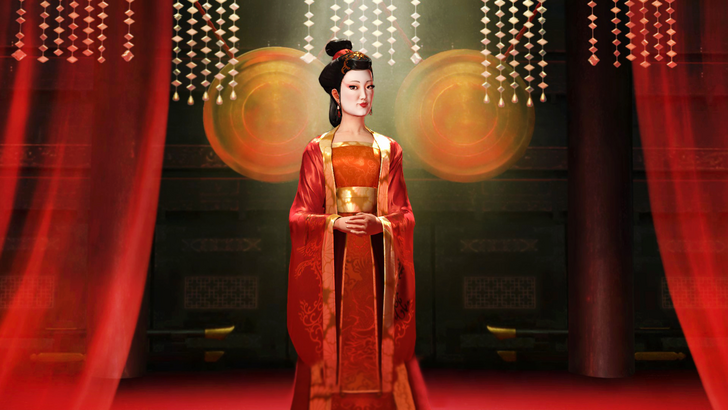
Civ 6 is When The Roster Starts to Get Spicy
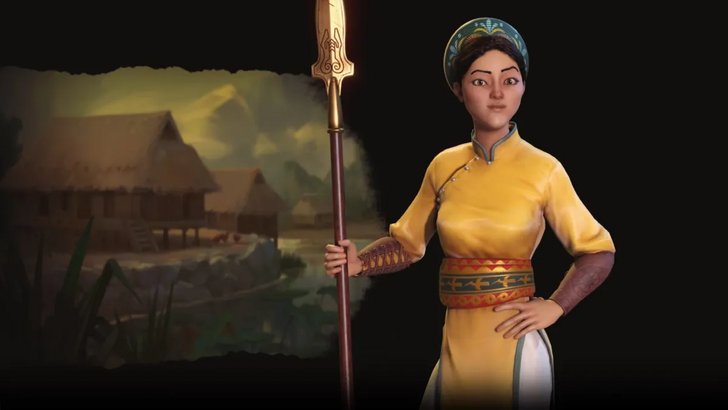
Civilization VI took leader representation to new heights with animated caricatures and the introduction of Leader Personas. This allowed for multiple versions of the same leader, each with unique playstyles and characteristics. The game also welcomed lesser-known heroes from smaller civilizations, such as Lautaro of the Mapuche and Bà Triệu of Vietnam, adding depth and diversity to the roster.
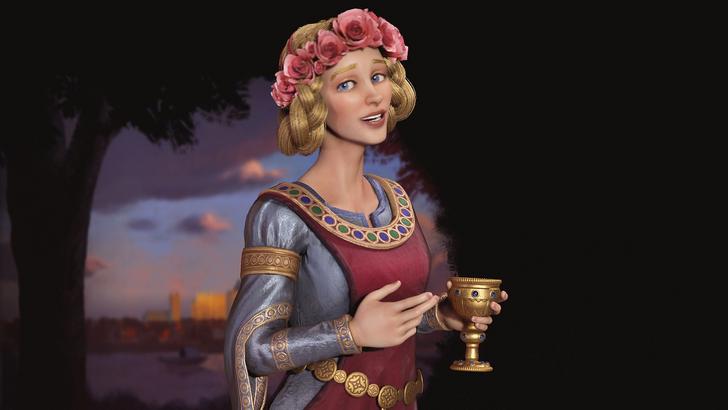
Leaders in Civilization VI were no longer defined by their entire legacies but by specific chapters of their lives, a concept that paved the way for Civilization VII's innovative approach. Leaders like Eleanor of Aquitaine and Kublai Khan could lead multiple civilizations, reflecting their historical roles. The introduction of multiple leader options for civilizations like America and China further enriched the gameplay experience.
Civ 7 Forgoes Series Staples for Fresh Faces and Unique Leaders
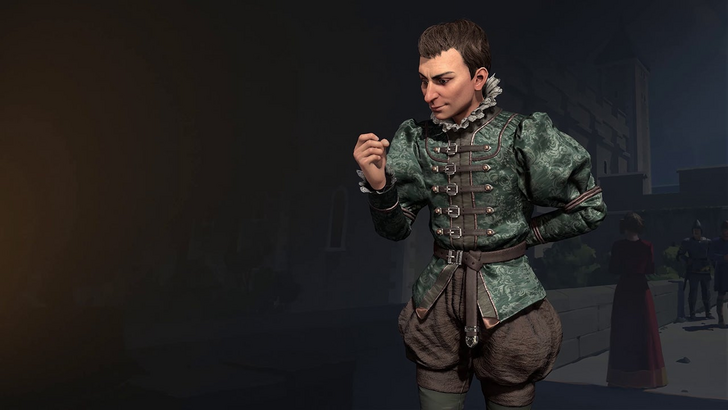
Civilization VII represents the culmination of these evolutionary steps, offering the most diverse and creative leader roster yet. The game's mix-and-match approach allows for unconventional leaders and multiple personas, tailored to different playstyles. Harriet Tubman, for example, brings a unique spymaster role to the game, while Niccolò Machiavelli embodies the art of self-serving diplomacy.

José Rizal's inclusion as a leader focused on diplomacy and narrative events highlights the game's commitment to representing a wide array of historical figures. Over nearly three decades, Civilization has evolved from a game about superpowers to a rich tapestry of human history, with leaders at its heart.
← Return to Sid Meier's Civilization VII main article
Sid Meier's Civilization VII Similar Games

Latest Articles







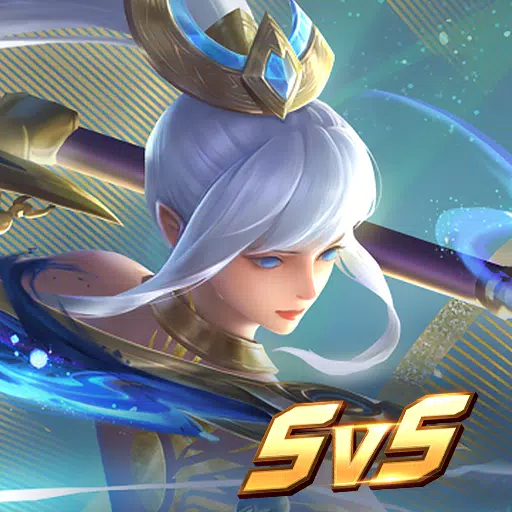



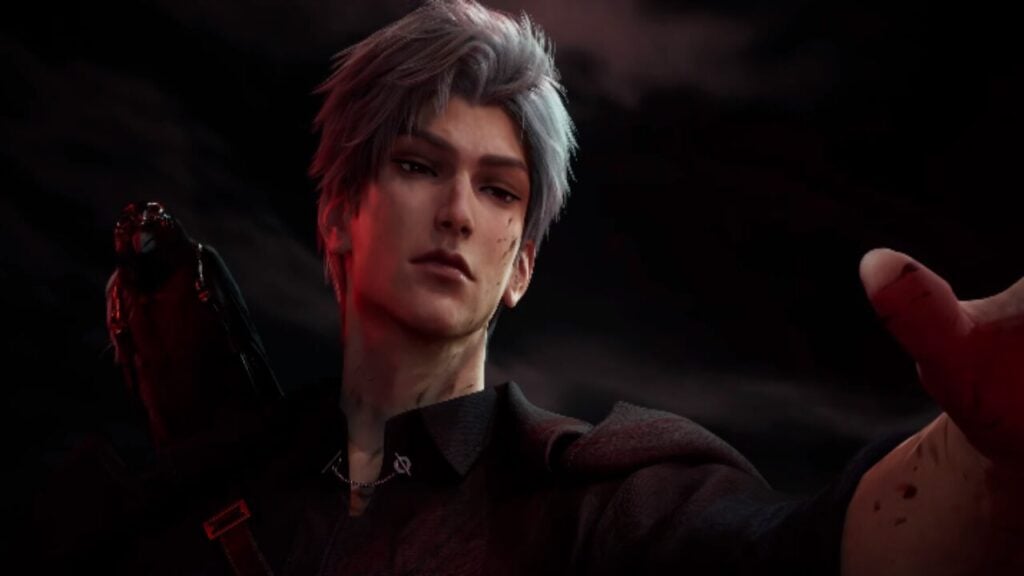
![Roblox Forsaken Characters Tier List [UPDATED] (2025)](https://images.dyk8.com/uploads/18/17380116246797f3e8a8a39.jpg)
